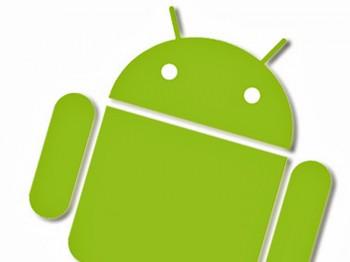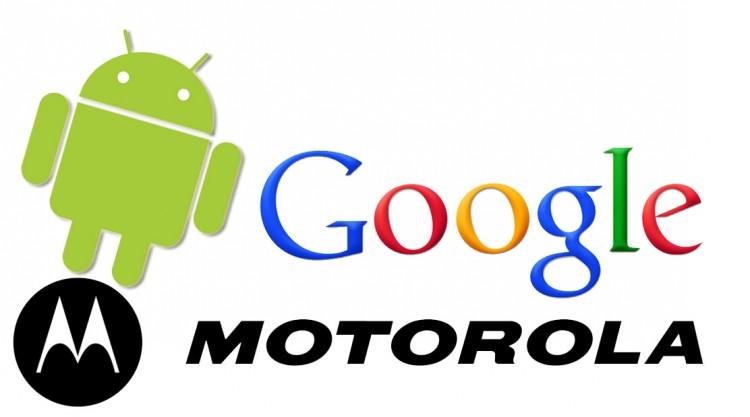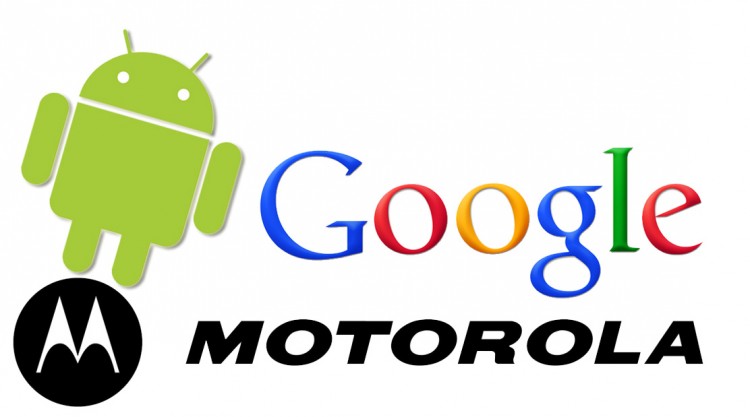Google’s Motorola Mobility Buy Will Shake Up Smartphone Industry
The Google-Motorola merger has undoubtedly changed the smartphone industry almost overnight, even though execution may take an onerous few months. Here’s why.

Google's purchase of Motorola Mobility will shake up the mobile industry. (Logos (c) Google. Graphics: Epoch Times)
|Updated:





